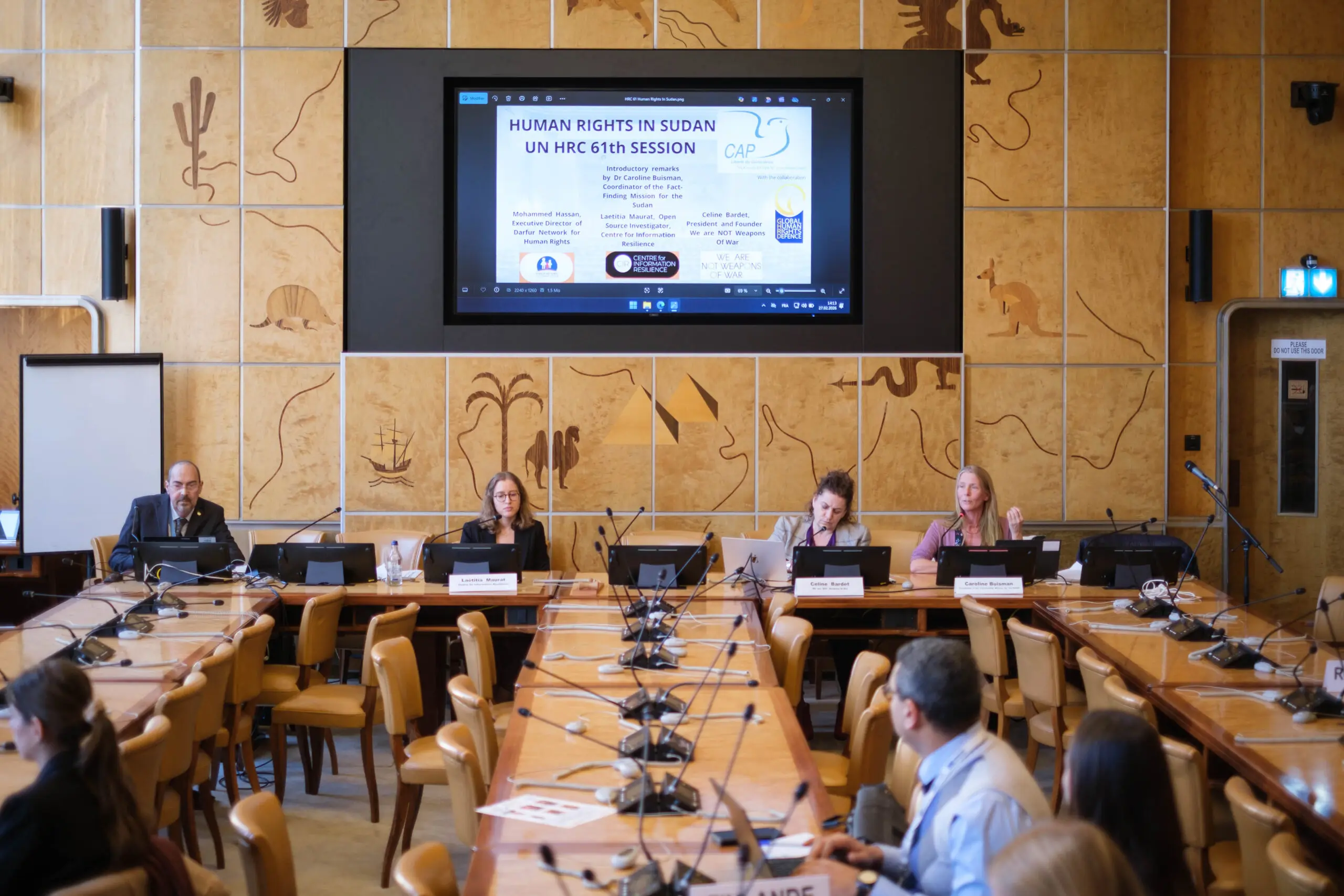The European Commission has proposed a new digital portal that will make it easier for companies to temporarily send workers to other EU countries. This proposal aims to simplify the paperwork involved in moving employees—known as ‘posted workers’—to different member states, reducing the burden on businesses while keeping worker protections strong.
Why Is This Important?
The EU’s Single Market includes around 5 million posted workers. These are employees who are sent by their companies to work in a different EU country for a short period of time. Right now, companies face a lot of paperwork, as each EU country has its own rules and forms that need to be completed. This can be complicated and costly, particularly for small businesses that may not have the resources to deal with the complex bureaucracy.
The new portal aims to create a single digital form that can be used across all EU countries. This means that companies will no longer need to fill out 27 different national forms when posting workers, but instead, they can use one standardized form available in all EU languages. The Commission believes that this will reduce the time needed for these declarations by 73%, cutting down the administrative costs for businesses.
How Will This Benefit Businesses and Workers?
The new digital portal will be part of the Internal Market Information System (IMI), which EU countries already use to share information about labor and services. This proposal is voluntary for member states, meaning each country can decide whether or not to use the new system. However, for those that do opt in, it will significantly reduce the paperwork needed when companies post workers across borders.
For businesses, this means a more streamlined process, saving both time and money. It contributes to the EU’s broader goal of reducing administrative burdens for companies by 25%, as outlined in its “Long-term competitiveness of the EU” strategy.
For workers, the new system will ensure that companies comply with existing worker protection laws. The streamlined process will also make it easier for labor authorities in each country to conduct inspections and enforce worker rights, improving compliance and transparency.
Protecting Workers’ Rights
The EU is committed to making sure that workers’ rights are protected, even when they are working temporarily in another country. By simplifying the process for declaring posted workers, the new system aims to ensure that companies follow all the rules set out in the Posting of Workers Directive. This directive ensures that posted workers receive fair treatment, such as appropriate wages and working conditions, similar to local workers.
With the digital portal, member states can also share information more effectively. Authorities will be better equipped to track postings and conduct targeted inspections, ensuring that companies are not bypassing important worker protections.
A Step Toward Fair Mobility
This proposal is part of a broader EU plan to support labor mobility and tackle worker shortages. It was initially announced in the 2020 New Industrial Strategy and was further emphasized in a 2024 action plan to address labor and skills shortages. By making it easier for companies to post workers, the EU hopes to promote fair mobility—meaning workers can move across borders for jobs without losing their rights or facing complicated paperwork.
Summary
The proposed digital portal is designed to simplify the process for companies to send workers to other EU countries, reducing administrative burdens and improving transparency. This is expected to benefit both businesses, by cutting costs, and workers, by ensuring strong protection of their rights. By making it easier to comply with EU rules, the new system aims to make labor mobility fairer and more efficient, while supporting businesses in a competitive global market.






